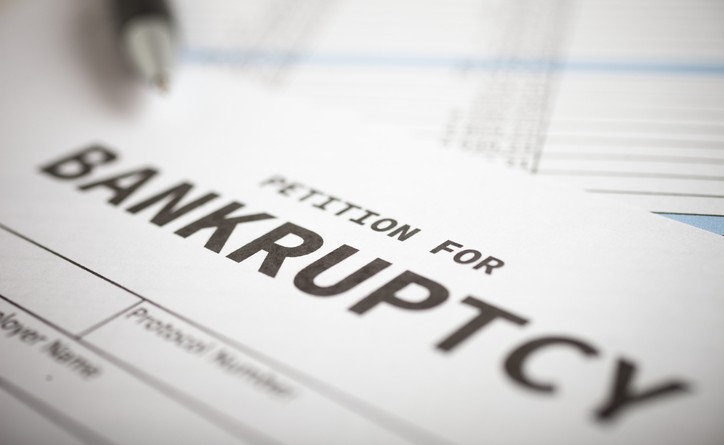It may be an understandably difficult time if you are looking at the prospect of filing for bankruptcy. It is worth remembering, however, that some of the most successful people in history had to file for bankruptcy at some point in their lives: Abraham Lincoln, Thomas Jefferson, and Walt Disney, just to name a few. Here are some tips on where to find help and receive guidance on the next steps you should take in your financial situation.
Educate Yourself
It is important to realize that filing for bankruptcy today is much different than it was in the past. It used to be that you could simply declare that you were unable to pay your bills. But in 2005, the laws changed making the process much more difficult. Before your status for bankruptcy can be approved, you will be required to complete mandatory financial counseling which will assess your financial situation. Whether or not you progress through the further bankruptcy steps, the counseling will likely be at your own expense.
If you have income levels that exceed a certain amount, you will be required to pay back your debt. If you are approved to file for bankruptcy, however, you still may be responsible for some of the debt that you defaulted on. Also, credit counseling may be required afterward as well. That is to say, filing for bankruptcy should only be used as an option of last resort, and it may not be the get-out-of-jail-free card that some hope for it to be. Also, note that a bankruptcy filing can remain on your credit report for up to ten years, and some creditors may never do business with you again.
Examine Your Finances Closely
If you’ve been hiding from your financial reality, it is time to face the facts. As scary as it may be to look at your debt, you may be surprised to find that it actually gives you a sense of relief. Sometimes, not knowing can be more difficult than having all the facts, even if the facts are unpleasant.
Take inventory of everything you have of value before you declare bankruptcy. All of your debts and assets must be reported. This includes medical bills, stocks and bonds, insurance, school loans, child support, and any other outstanding debts. The better you are at honestly assessing your inventory, the more likely that creditors and bankruptcy courts will be flexible and lenient with your case.
Seek Help
It is important that you do not try to declare and file bankruptcy on your own. Seek out the help of a financial professional or bankruptcy lawyer who can navigate you through the complex process with deep understanding of the situation. Although it can be embarrassing, you will find also immense relief by confiding in a close friend or relative during this time.
Since this is a vulnerable time, be wary of falling for financial quick-escape plans for erasing debt, especially if they involve paying money up front. Get help from a licensed adviser who can educate you on what paths to take.
Featured Image: Thinkstock/ Minerva Studio
Posted on May 18, 2023



